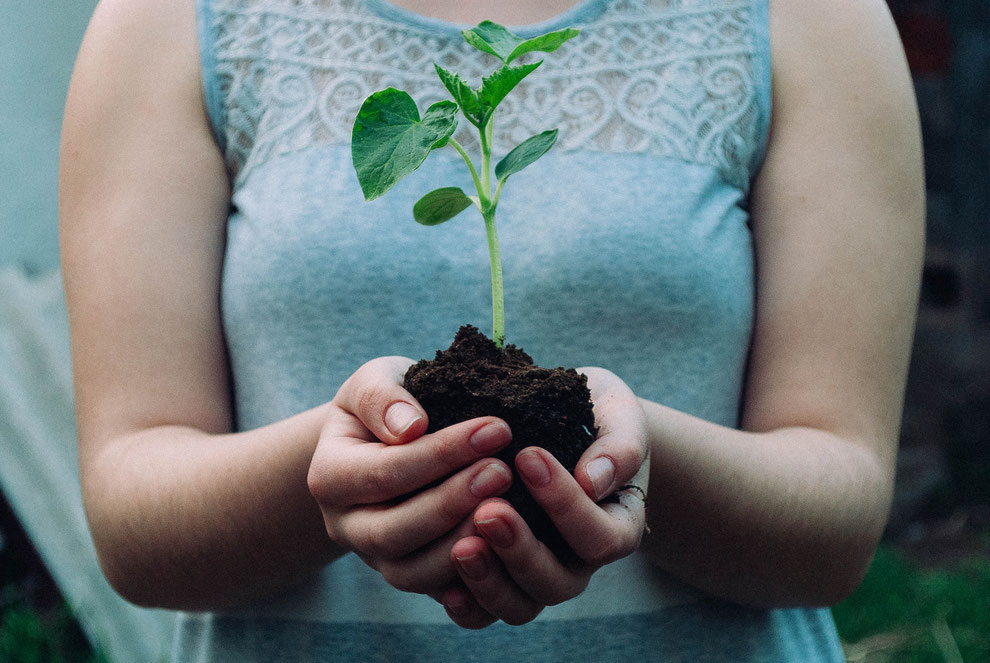
Same old song. You’re afraid of not doing enough, of not giving enough meaning to your actions, of reaching the point of no return without being in control : this is how people feel about climate change.
Completely overwhelmed. And guess what, it is on the rise. Eco-anxiety is the mental breakdown.
Living in anxiety and in fear of the future
In the past few years, we have been waiting for a deadline. A deadline that marks a turning point, a split between two distinct parts of the year. There is a before - when we suck life out of our planet - and an after - when we feel awfully bad about it - to this date. And year after year, it moves backwards.
Here is a little selection of hook-sentences that catch the eye on social media and online newspapers :
“If we do not take action today, it will be too late in the future”
“We’re living on credit”
“We already used all the resources available on our planet”
“It’s already tomorrow”
“What sort of world will we leave our children ?”
Again, same old song. Nothing new. Nothing changed. No pep talk, not even a bit of consideration and empathy for consumers, even if they express the will to do their best in accordance with their ability. As a consequence, the collective inertia remains.
Eco-anxiety is the tree that hides the forest
According to an IFOP’s recent study, 85% of french people are worried about climate change and the consequences. Moreover, 93% of young french people (18-24) are concerned with a feeling of insecurity or hopelessness. However, these concerns must be clarified respecting the fact that they encompass several troubles with a full range of intensities :
- Eco-anxiety refers to the feeling of fear and guilt when someone reminds you of climate changes and natural disasters.
- Eco-paralysis refers to the feeling of not doing enough, not being useful enough, not being able to do anything to take action and change things.
- Solastalgia : According to Glenn Albrecht, which is a philosopher and a professor at the Murdoch University, the concept of solastalgia describes a feeling of profound distress and powerlessness caused by the end of our ecosystem.
These troubles lead people to adopt self-protecting behaviors like spending a lot of time withdrawn at home or thinking all day about disaster scenarios, or even, for younger ones the obsessive need for picking up rubbish on the floor.``
The beginning of a new thing
Think about it : eco-anxiety might be the first step to take action in order to recreate the world we live in. The end could also be the beginning of something new and beautiful. Eco-anxiety is actually an emotional response to the disaster. It is the starting point of a genuine change in attitude towards the world in decline.
Call it Eco-resilience and embrace it. Start sharing positives vibes with people and encourage them to do their best.
Here is the key to success of a collective action. If you are interested in the eco-anxiety phenomenon, we recommend to watch this video of Pablo Servigne, a french scientist that coined the word collapsology.



Écrire commentaire